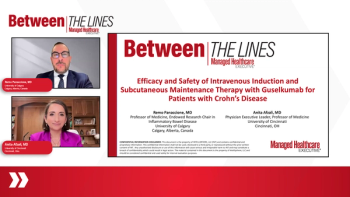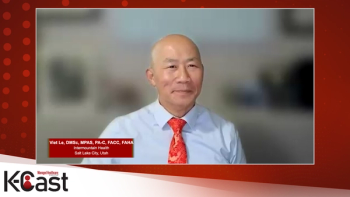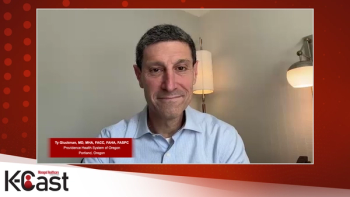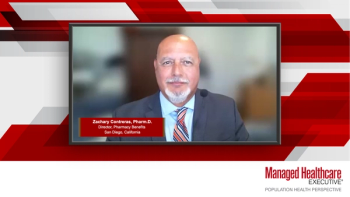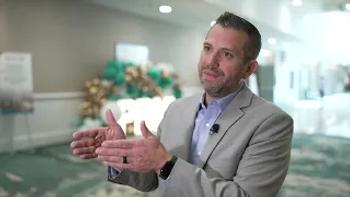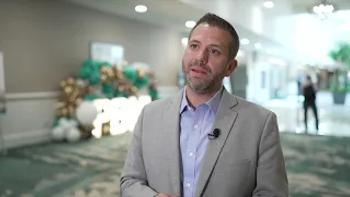HHS Secretary Robert F. Kennedy Jr.’s vaccine policies, the federal government shutdown, most-favored-nation drug pricing and the future of Medicare Advantage were among the topics discussed by a panel of Washington, D.C., healthcare policy professionals during a Managed Healthcare Executive webinar. Ryann Hill, M.P.H., of Indigo Hill Strategies; Patrick Cooney of The Federal Group; and Lindsay Greenleaf, J.D., MBA, of ADVI Health, provided insights and observations about the Trump administration’s approach to healthcare and drug pricing policy. Peter Wehrwein, managing editor of Managed Healthcare Executive, moderated the discussion.


